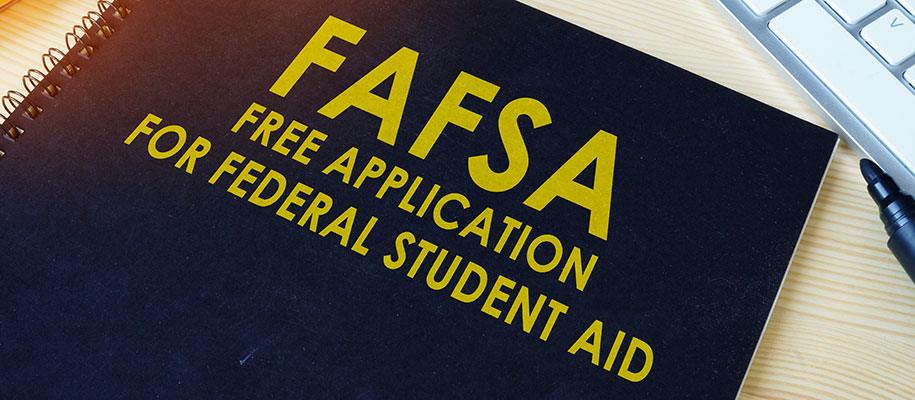College is a huge investment for many families, and most need a little bit of financial help to make it happen. If you’re looking for ways to pay for college, one of the first resources you should turn to is the Free Application for Federal Student Aid (FAFSA). Over the past couple of decades, the Department of Education has streamlined the financial aid application process, but questions can still arise. If you or your child are applying to college, here are five essential things you need to know about the FAFSA.
1. What is the FAFSA?
The FAFSA is an annual form filled out by current and prospective college students in the United States to determine their eligibility for student aid. It can be filled out by undergraduate and graduate students. The FAFSA can determine your eligibility for grants such as the Pell Grant, Federal Supplemental Educational Opportunity Grant (FSEC), federal work-study programs, loans, and scholarships.
Related: The Best Advice and Resources for Filling Out the FAFSA
2. What information does the FAFSA provide you?
After you file, the FAFSA provides you with two critical pieces of information. The first is your Expected Family Contribution (EFC), which is an index number a college’s financial aid department uses to determine how much financial aid a student would receive if they attend that particular school. The information you report on the FAFSA is used to calculate the EFC. The EFC is then calculated according to a formula established by law.
The second piece of information is the Cost of Attendance (COA), which is the amount it will cost a student to go to a school. Most colleges and universities will calculate a student’s COA to show the total costs of attending their institution. Typically, the COA is an estimate of tuition and fees, room and board, books, supplies, transportation, loan fees, miscellaneous expenses, child care, disability, or any reasonable costs for study abroad programs.
3. Does everyone need to complete the FAFSA?
It’s not a requirement, but the short answer is, yes, you should. By not filling out the FAFSA, you’re missing out on a good deal provided by the US Department of Education. Students could be eligible for federal and state grants that do not to be repaid. Or they could be eligible for low-interest student loans and work-study programs that could help them fund their education and build their résumés. Every student qualifies for some form of student aid, and the form is free to complete, so it’s definitely worth filing.
Related: 5 Simple Mistakes to Avoid on the FAFSA
4. How do I complete the FAFSA?
The FAFSA is available at fafsa.gov. Students will need their social security number, alien registration number (for non-US citizens), federal income tax returns, W-2s, and other records of money earned. These include bank statements and investment records, untaxed income records, and both the student and parent’s FSA IDs to sign the document electronically.
5. What is the deadline?
The federal deadline for completing the FAFSA is June 30, though many schools have their own individual deadlines. The application opens on October 1 every year, and you should complete it as soon as possible, as many grants and scholarships (aka free money) are issued on a first-come, first-served basis. Most schools have funds that are limited, so students have a better chance of receiving those funds (if eligible) when their FAFSA is submitted early.
Related: Top 10 Things to Remember Before Filing the FAFSA
Every student will qualify for some form of student aid, so make sure you don't skip this important step of the college admission process. There's no harm in filing the FAFSA—"free" is in its name, and you never know what type of financial aid you may qualify for. Be sure to apply early and reapply every year you or your child are in college—good things come to those who don't wait!
Some of the schools on your student's college list may use another financial aid form. Learn all about it with our article on What You Need to Know About the CSS Profile.






